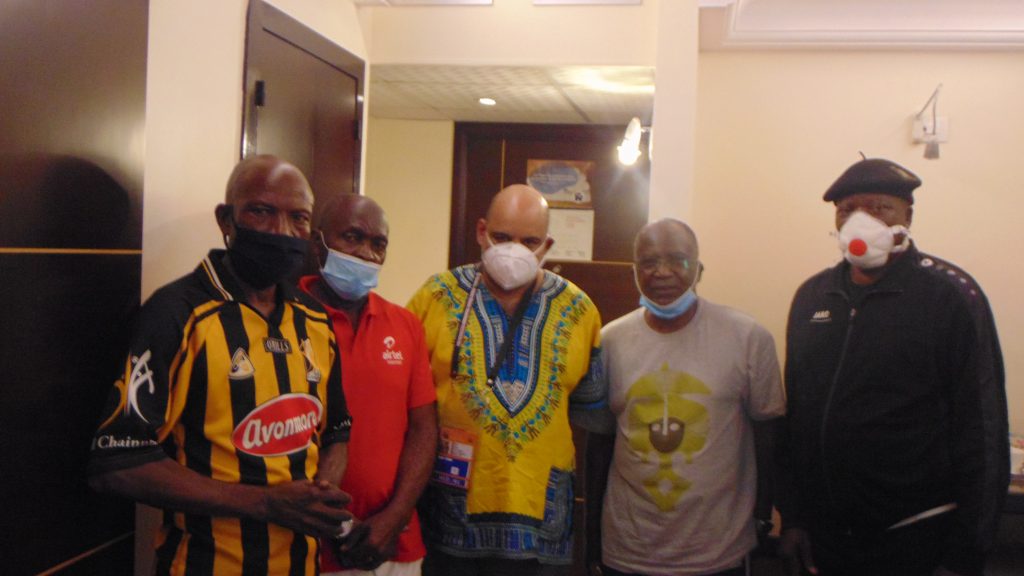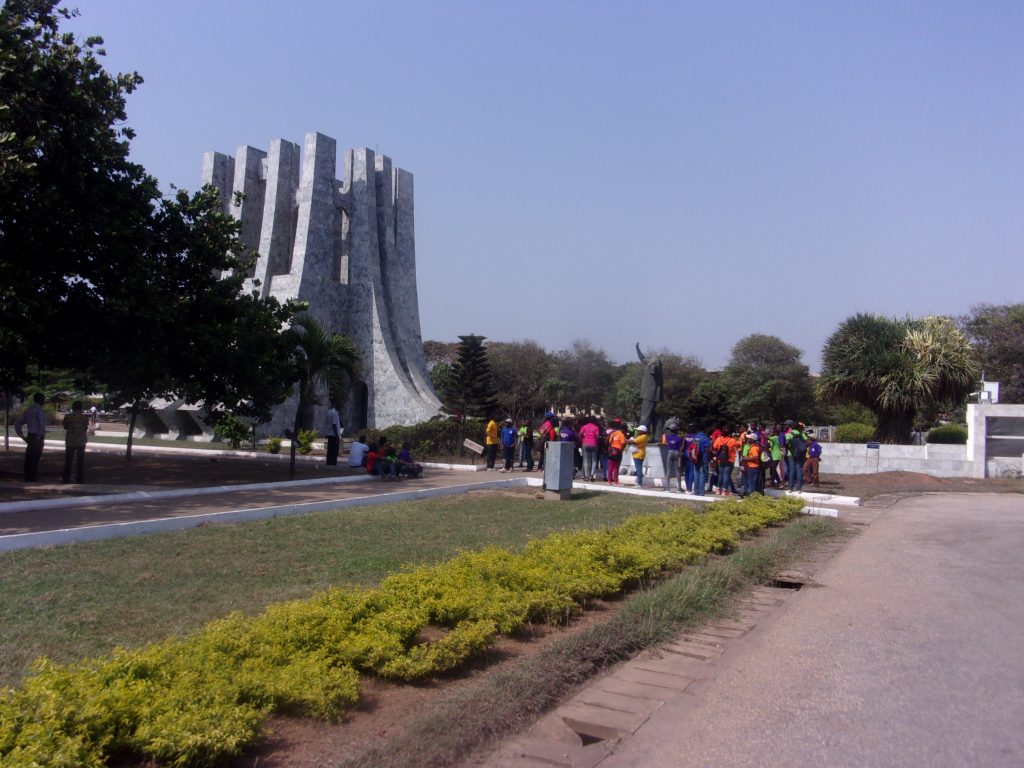Africa’s Undisputed Goal King (Part Eighteen) The End of an Era

Africa’s Undisputed Goal King (Part Seventeen) Africa’s Beckenbauer
December 26, 2020
Africa’s Undisputed Goal King (Part Nineteen) The Roots of Decline
December 27, 2020Africa’s Undisputed Goal King (Part Eighteen) The End of an Era

By Satish Sekar © Satish Sekar (May 13th 2020)
Strange Fruit
Godfrey Chitalu’s 1972 was, without doubt, one of the greatest years a footballer has ever played. He set two world records that year, along with two African Cup of Champions Clubs records. The world records still stand unless anyone can prove otherwise and at least one of the African champions clubs records remains a continental record almost half century after he set them.
However, despite this incredible year, Chitalu’s achievements are still not given the respect they are due by football or even in Africa. He is conspicuous by his absence from the African Player of the Year (APotY) Awards for 1972.
Despite winning all five domestic trophies Kabwe Warriors contested and setting records for fun, his achievements are still strangely neglected. Why?
But Chitalu is not alone in having a fantastic 1972 that has not been recognised in the manner they deserved. At least two of the Republic of Congo’s Africa Cup of Nations (AFCON) winners are a very strange omission too.

But the rise of both the Congolese and Chitalu’s miracle year coincided with the decline and fall of an African football empire. But despite that decline a Ghanaian great featured in the APotY top ten.
Failure to Domination
1972 was a strange year for Ghana’s Black Stars as well. It marked the end of an era. Up to that point Ghana had never failed to reach the final of AFCON Tournaments from their debut in the Finals in 1963, although their first experience of AFCON was a year earlier.
Ghana’s first attempt to qualify for AFCON Finals ended in failure in the expansion year, 1962. Ghana went out in the first qualification round to Nigeria after drawing 2-2 on aggregate. Nigeria advanced to the Second Round after lots were drawn between the emerging West-African giants.
They faced Tunisia. After winning the first leg 2-1, Nigeria walked off the pitch following Tunisia’s equaliser in the second leg. The match was awarded to Tunisia 2-0, meaning they went to the 1962 AFCON Finals.
The Legendary Black Stars
After the disappointment of 1962, Ghana prepared to ‘Host and Win.’ Osagyefo’s Football Revolution[1] required success on the pitch to encourage it off the pitch and not just in Ghana. They delivered twice (1963 and 1965) under the legendary coach, the legendary Charles Kumi Gyamfi.
The February 1966 coup d’état in Ghana destroyed many things, including Ghana’s Football Revolution.

Gyamfi was demoted to serve as an assistant to Carlos Parreira, then a recently qualified coach – he had been a fitness trainer. The Black Stars was his first major job as a coach in football.
There was no credible football reason to demote Gyamfi, especially in favour of a coach who should have been learning from an African giant, rather than giving him instructions. Parreira went on to become a great coach – he won the World Cup – but that was over a quarter of a century after he was given the top job in Africa, despite having done nothing to deserve it.
Parreira lost the final in 1968 1-0 to Congo-Kinshasa – their first title. We can only wonder what the result would have been if Gyamfi had been allowed to lead the Black Stars for the third time.
Two years later the Black Stars controversially lost 1-0 to hosts Sudan. They refused to collect their loser’s medals and were ordered to leave Sudan by its controversial leader Jaafar el Nimeiri who had seized power in a military coup in May 1969.
A year after the coup, Sudan hosted the AFCON. Nimeiri knew the power of football. He planned to win, as nothing less would do. They did so, but in controversial style.
He was later overthrown by Abdelrahman Swar Al Thahab in April 1985.
[1] Dr Kwame Nkrumah, the Father of Ghana’s Football Revolution was known as Osagyefo.

